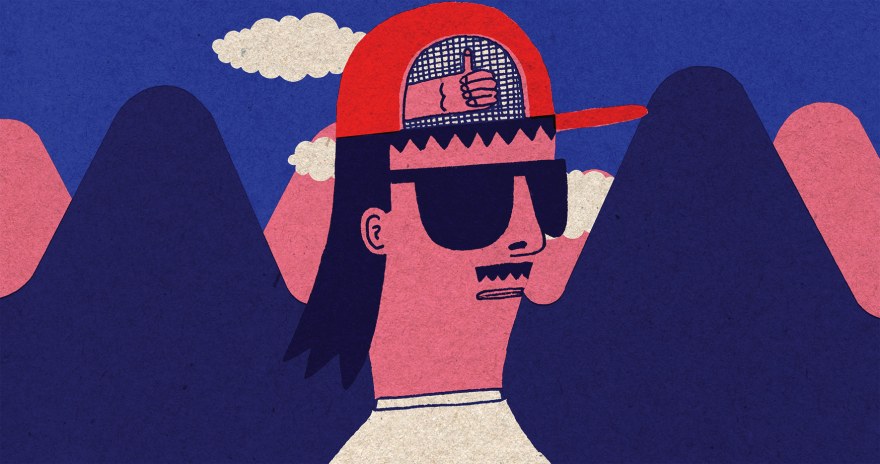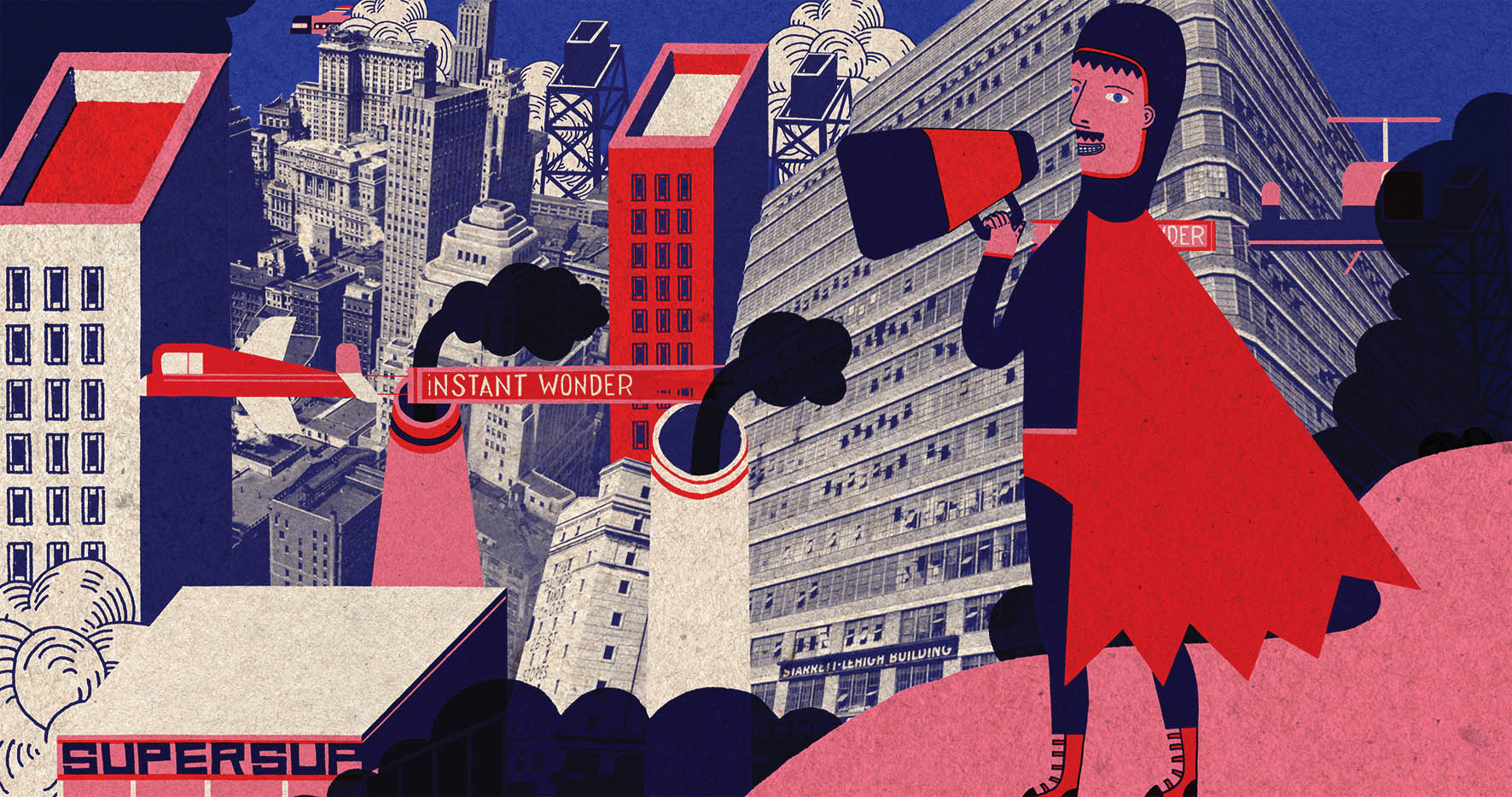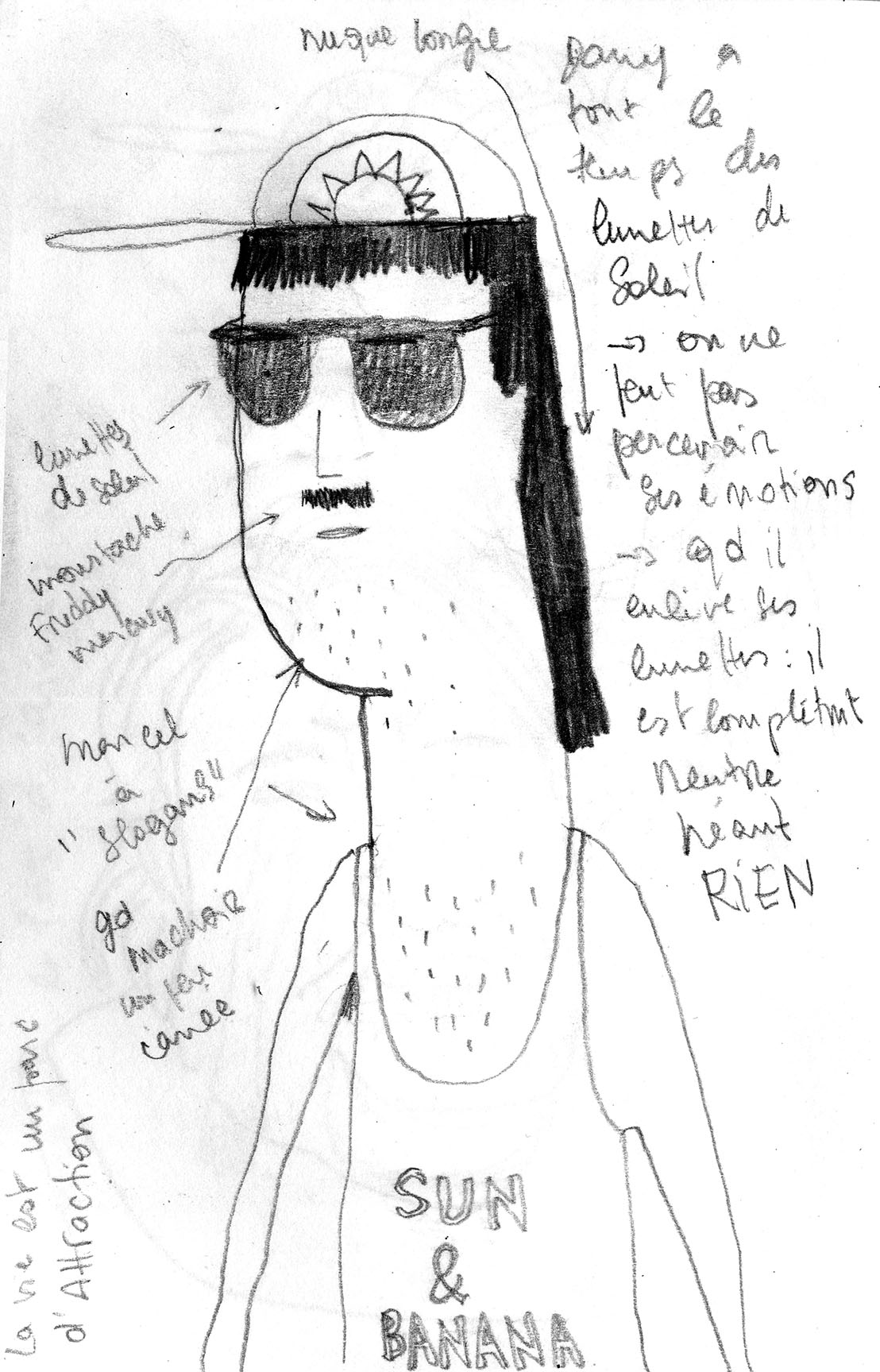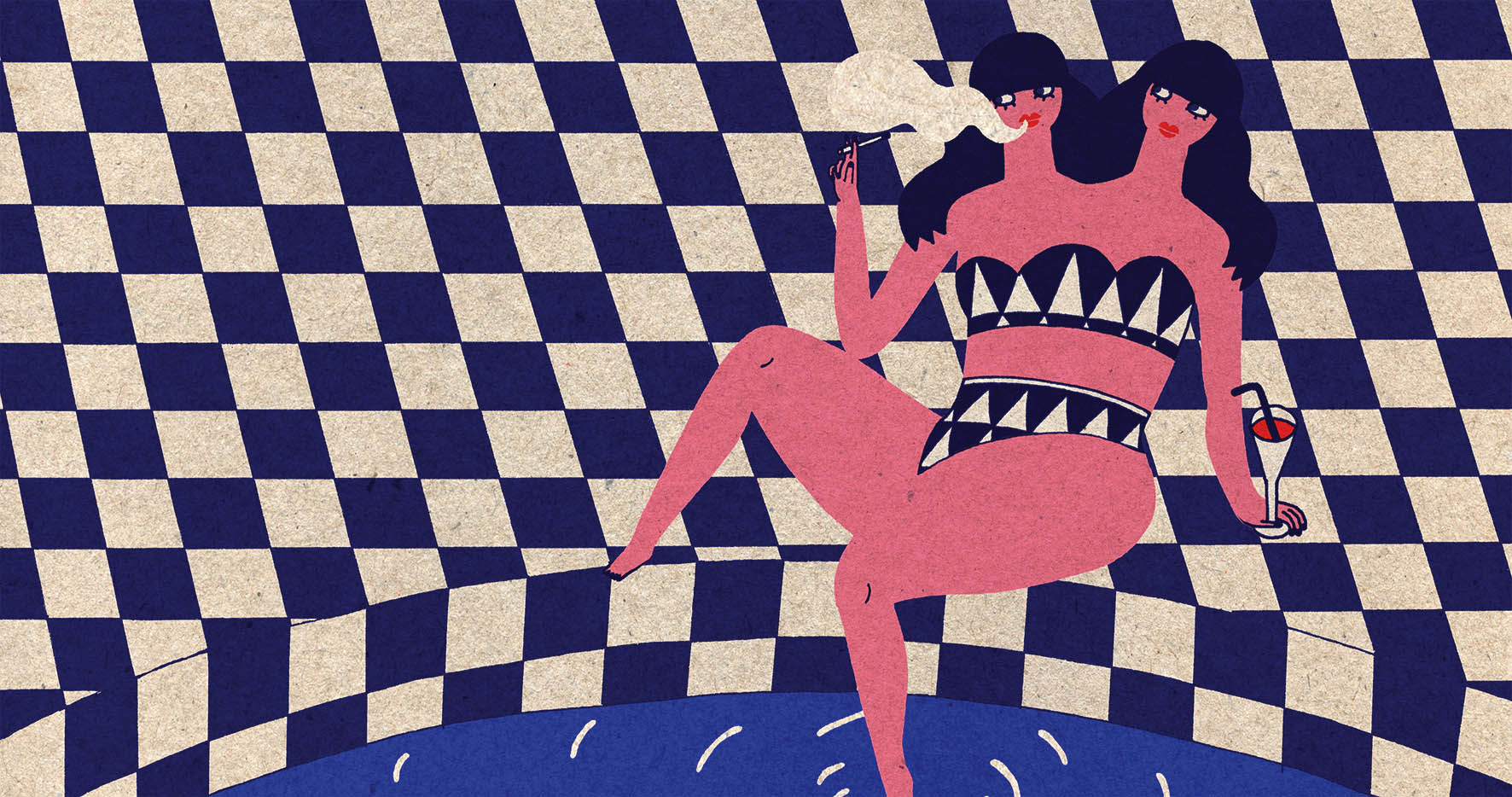Dinner with Normal
Interview with Julie Caty, director of Normal
What inspired you to make Normal?
An obsession! I grew up in the middle of nowhere, in an area quite aware of environmental isssues. And I still live in the middle of nowhere, but a different “nowhere.” So since just about forever, I’ve asked myself about the way we exist in the world, our consumer behavior, the mad acceleration of this behavior, the way that the commercial world embraces all sorts of trends, adopts them, and steers them off course to take advantage of them, our Western culture’s ever more obvious disconnect with nature. The non-exclusive list of issues that are at the heart of Normal are probably the following: must we believe there is only one neo-liberal, predatory, destructive system based on competition and infinite growth? Must we believe in a system that will collapse if all of us don’t buy anything and everything ? Do we really need anything and everything? Do we really need our telephone to converse with our refrigerator or with our car? Do we really need to be connected to the Internet 24 hours a day? Do we really need to go faster? To be more efficient? Go further? Be stronger? …? Happiness is very subjective, but I have trouble believing that’s where you’ll find it… So must we necessarily contribute to and maintain the neo-liberal myth? Be yourself and head for disaster? How can we get ourselves out of the crazy spiral in which we are all trapped? What could be the grain of sand that will jam the machine? The discourse of the film is, today, a fairly normative discourse. I haven’t made anything up. But since we have trouble hearing it, it seemed like a good idea to me to repeat it. So rather than making a tearful assessment, even if there really are things to cry about, I wanted to make people laugh, to show them just how ridiculously tangled up we are in this story. It seems to me that using nonsense, or, an absence of sense, is the best way to speak about our age, the present day where there is no hindsight and where sense is not yet determined (if indeed the sense of things ever really is determined.) I also think that we can get a message across better through absurdity and slapstick than through tragedy. The non-sense is less polished, less of a blow: nothing is explicit, it requires the spectator to burn up a few brain-cells… and that’s great! For me, a series such as South Park with all its irreverence and agitation is one of the best insights into North American society; the Shadoks remains a wonderful and hilarious illustration of the conditioning of the masses.
What interested you in the idea of Marx “converting” a wealthy heir in the struggle against capitalism?
In Capital, Marx describes the contradictions of the capitalist system and theorizes about its demise. However, up to now, the prediction has not come true. Capitalism has mutated into neo-capitalism, and, even if certain cracks in the system seem more and more obvious, finance, industry, and government are holding their own and aren’t about to change course. I figured Marx, out of desperation, could be ready to do anything to destroy capitalism. Even hire a guy so totally incompetent that he would bring an end to the world and, at the same time, the end to capitalism. It’s cunning on Marx’s part… But then again, it works! Seriously, Dany is a rich heir but above all, he is a caricature of ourselves, an exaggerated version of us, insatiable consumers. The encounter with Marx is close encounters of the third kind. It’s the impossible merging of the two that triggers catastrophe.
At what point in making the film did you start to write the off-camera voice?
It’s the first thing that happened. One night at a concert, I was at the bar and I started jotting down initial phrases in a notebook. I didn’t yet know what the the rest of the story would be. Just this character: a guy who has everything, even the most fantastic and unbelievable things, and he is totally blasé. I didn’t know what I was going to do with him… He could have stayed stuck in the pages of my notebook (see a sketch of Dany, prototype Dany – drawn that night and taken from that notebook.)
The song that accompanies the film, Sun & Banana, was it created specifically for the film or did it come from something else?
If Dany were a song, he would be Sun & Banana. Sun & Banana is Dany’s motto when he’s at his best. His hit single. Yes, the song was written specifically for the film. The idiotic words based on a melody inspired by Johnny Cash kept turning in my head: an exceptionally deep voice, phrasing that flows and a melody that purrs. I gave the text and melody to Valentin Portron, Normal’s musician, for the arrangement. We had a lot of discussion about the spirit of the piece: its silliness, its summer hit appeal; the fact that it’s punchy, glamorous, lofty all at once. He made this very funny piece with lots of pep that’s inspiring and contemporary. A real hit! Right?
What do you think the future holds for short films?
I don’t know. I’m not at all capable of making a prediction regarding that. All I know is that it’s a terrific format for a filmmaker…perhaps even more so for someone who makes animated films. I don’t know if a director who makes animated films would have the same sense of achievement making a feature length as a director of live action does. The short is an incredible format for freedom and creativity. It’s a marvelous laboratory where you can allow yourself to do things you couldn’t do in a feature length, particularly regarding visuals and pace. We’re allowed to be much more audacious, more ‘punk’, more surprising. A film like Normal couldn’t exist as a feature-length: the pace, the frenetic images would probably give the viewer an epileptic fit. Joking aside, the only thing I can say is that we really need the short format. We absolutely need this channel for experimenting, regenerating, inventing and for autonomy. And I think the audience needs that, too.
If we were to go back into lockdown, what cultural or artistic delights would you recommend for alleviating our boredom?
Without hesitation, and above all else, I recommend HENRI. Use and abuse HENRI (www.cinematheque.fr/henri/) : a collection of rare films that the French cinematheque makes available free of charge during confinement. Other VOD platforms that I wouldn’t hesitate to recommend are lacinetek.com, tenk.fr, Arte’s website…. And of course, books, books, and more books. For kids, for adults, covering all subjects, anything and everything… If I may give a little promotional plug: my favorites are the books from Marchialy publishers with their beautifully illustrated covers; a surprising and passionate collection of non-fiction works (editions-marchialy.fr)
Normal is being shown in the Lab Competition L4











